Elbridge Colby Is the Right Man to Carry Out Trump’s America First Mandate
By: Charlie Kirk | February 18, 2025
Read more at https://thefederalist.com/2025/02/18/elbridge-colby-is-the-right-man-to-carry-out-trumps-america-first-mandate/


Charlie Kirk
President Trump was elected with a mandate — a mandate to rethink the core assumptions of Washington, D.C., that have led this country to disaster after disaster. A mandate to put America first instead of last. To fulfill his mandate, the president needs to be able to make the appointments of his choosing without being sabotaged by the members of his own party that he carried to victory in November.
Yet right now, a fight has broken out over the nomination of Elbridge Colby to be undersecretary of defense for policy, the top strategy official at the Pentagon. Make no mistake: This is a make-or-break moment for whether Donald Trump’s America First foreign policy will succeed — or even happen. Colby is being attacked precisely because his opponents recognize he is the most effective and able person to put Trump’s America First approach into effect. He must be confirmed and empowered.
Who is Colby? Colby has an establishment background. But don’t be fooled: He has been arguing against the disastrous Bush-Cheney foreign policy regime since he was in college. Colby instead embraces a foreign policy of genuine peace through strength, one that avoids wars while protecting our authentic interests, gets our allies to do their part, and focuses on the top threats to Americans rather than irrelevant distractions.
Look back over Colby’s written record, and you will see that he was arguing for Trump’s America First approach long before it was popular — in fact, before Trump himself even arrived on the political scene. Colby paid the price for his advocacy, repeatedly losing out on high-powered jobs he could have easily received if he’d been willing to play along with the D.C. consensus.
Colby served Trump loyally and ably at the Pentagon during his first term, producing the landmark defense strategy shift that refocused the Defense Department on China, a central Trump goal. As great America First conservatives like Tucker Carlson and Jim Banks point out, Colby’s acclaimed book The Strategy of Denial is a guidebook for how to put an America First foreign policy into practice. Indeed, a Politico profile of him in 2023 was literally titled, “Elbridge Colby Wants to Finish What Donald Trump Started.” Even when almost every other foreign policy expert lambasted President Trump, Colby never did, enthusiastically and publicly supporting Trump in his historic 2024 campaign.
So why is Colby being attacked? The fact is, despite what they say in public, many Republican politicians want to frustrate President Trump’s attempt to change American foreign policy. They want to revive the disastrous foreign policy of George W. Bush, Dick Cheney, and Mitch McConnell. These America Last Republicans think they can manipulate President Trump and his top officials the same way they tried to do in his first term.
They don’t even deny it. For instance, one anonymous senator recently said: “I think Tulsi Gabbard is flawed, but [is] she going to be harmful? No, because I think that there are going to [be] enough strong intelligence people around her.” GOP senators openly plan to tout Trump’s goals in public, then sabotage them in private. That same anonymous senator also said: “When it comes to those nominees below the Cabinet who may be less on people’s radar, who will be able to facilitate things, that’s where I think it can be dangerous.”
And that’s precisely why they see Colby as such a threat. He is so effective, so knowledgeable, and so genuine in his conviction for an America First foreign policy that he cannot be manipulated or controlled. Colby will actually do what the American people have given President Trump a clear mandate to do, and for that reason, the D.C. blob must stop him.
Colby’s nomination is a fork in the road not just for President Trump and his administration but for the country. If Colby is scalped by the secret cabal of bitter-ender neoconservatives, it will cut the legs out from under President Trump’s America First foreign policy, and it will chill any other nominees who follow in Colby’s wake.
People are watching to see whether President Trump’s administration will deliver real change, putting Americans first and ending the endless wars. If committed and loyal stalwarts like Colby are allowed to be taken down by those who want to return to the era of Dick Cheney, then it would be a disaster for the country — and supporters of the president will remember who was responsible.
Charlie Kirk is the founder and CEO of Turning Point USA, and host of The Charlie Kirk Show, a nationally syndicated radio show and one of the most listened to conservative podcasts in the country.

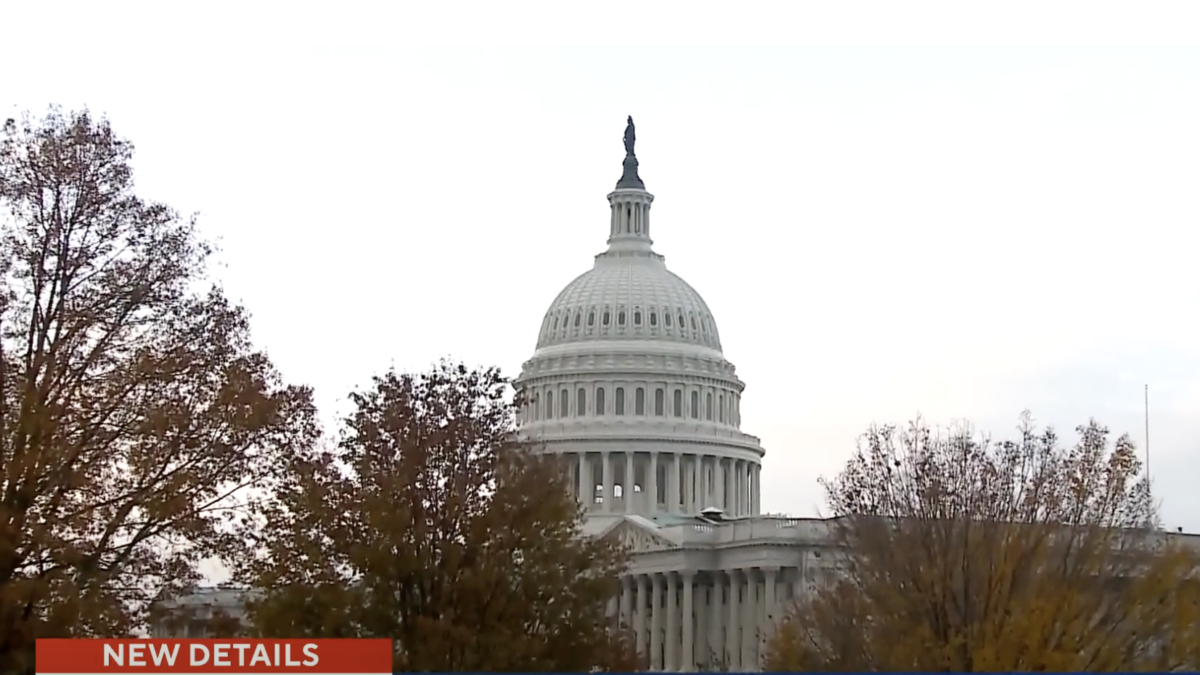



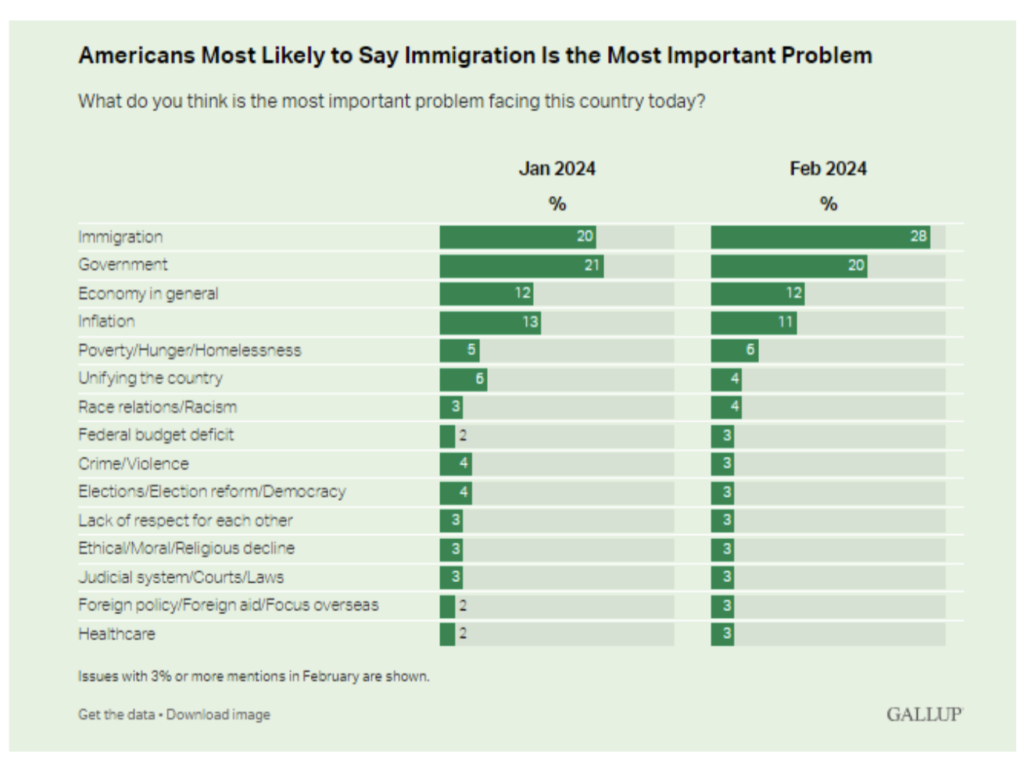







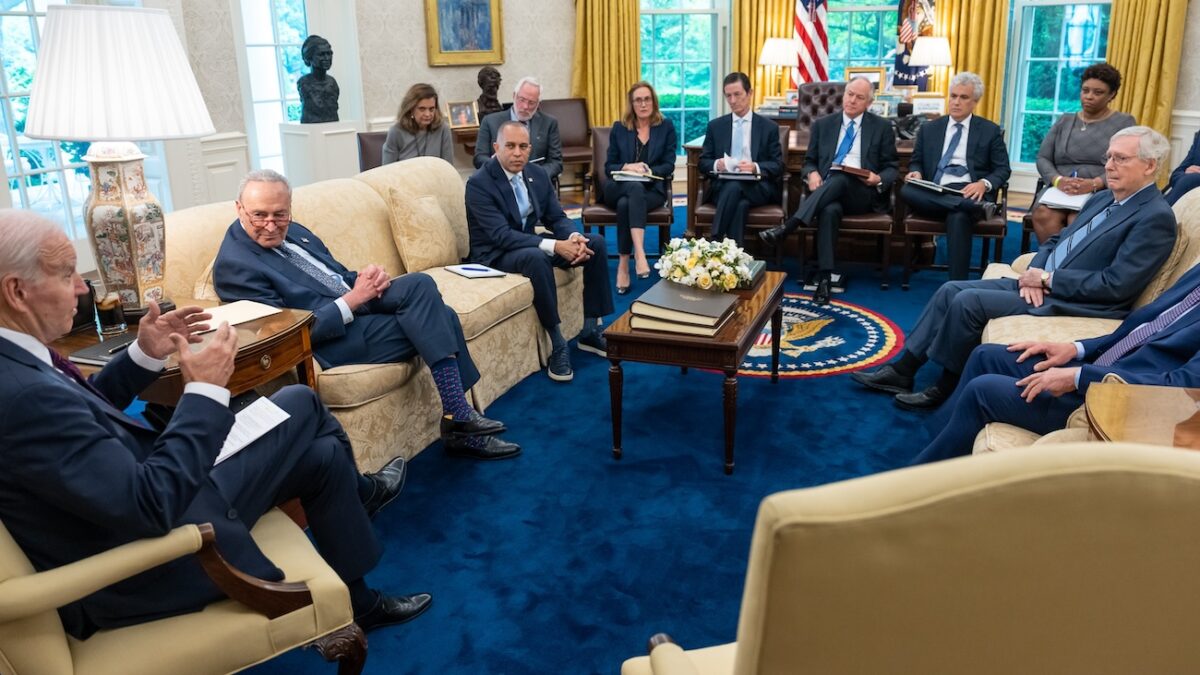
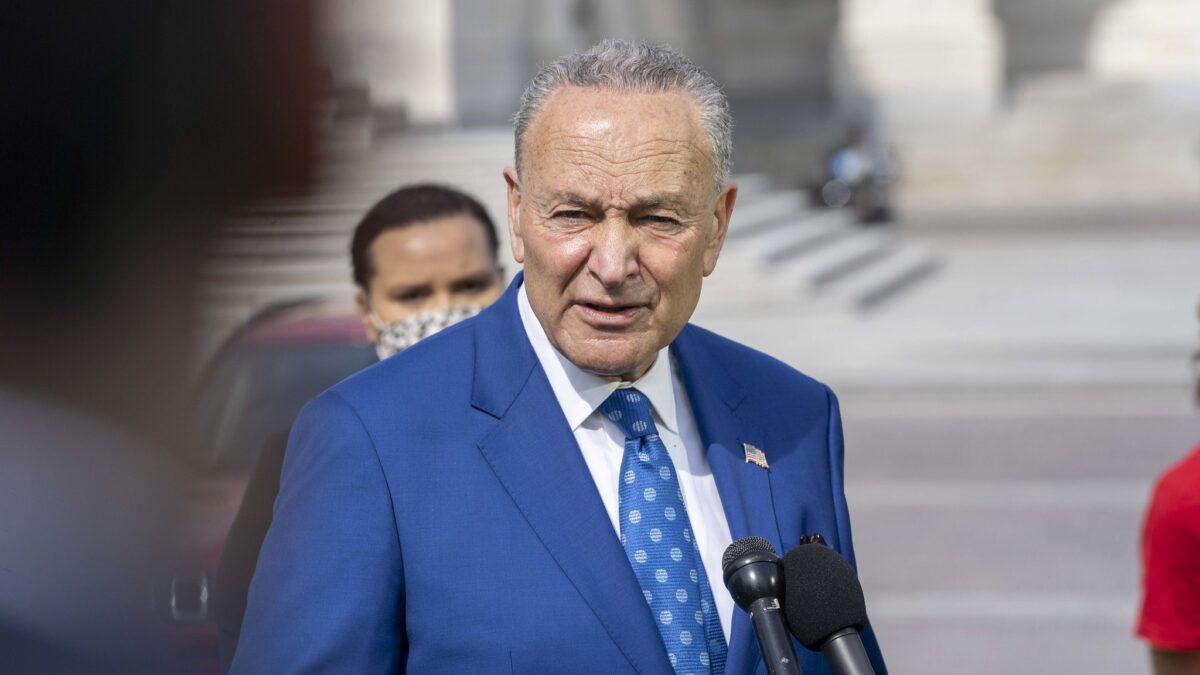

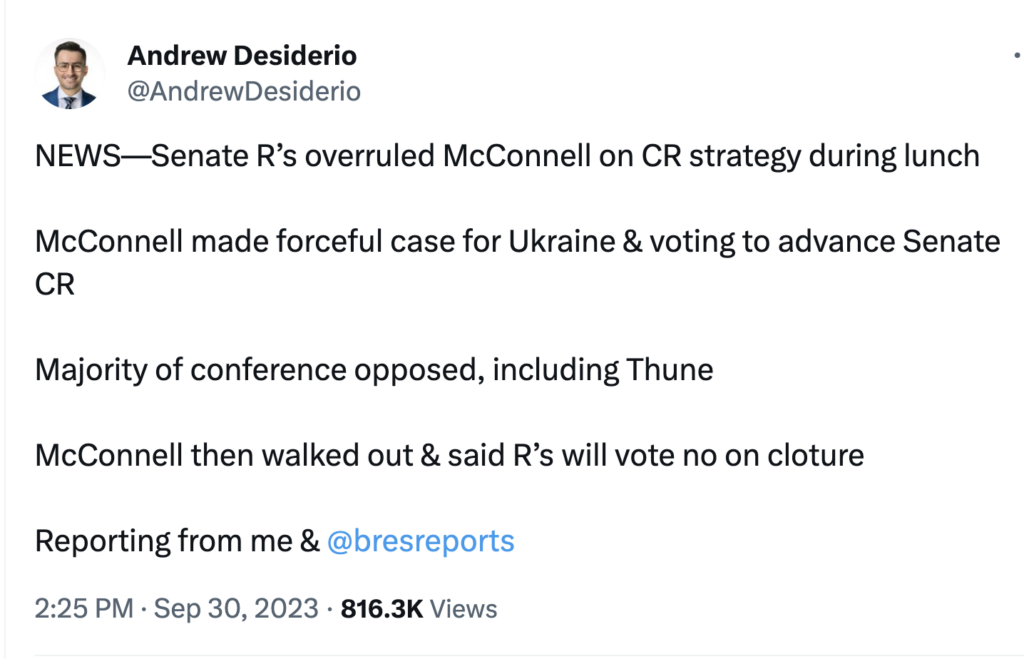
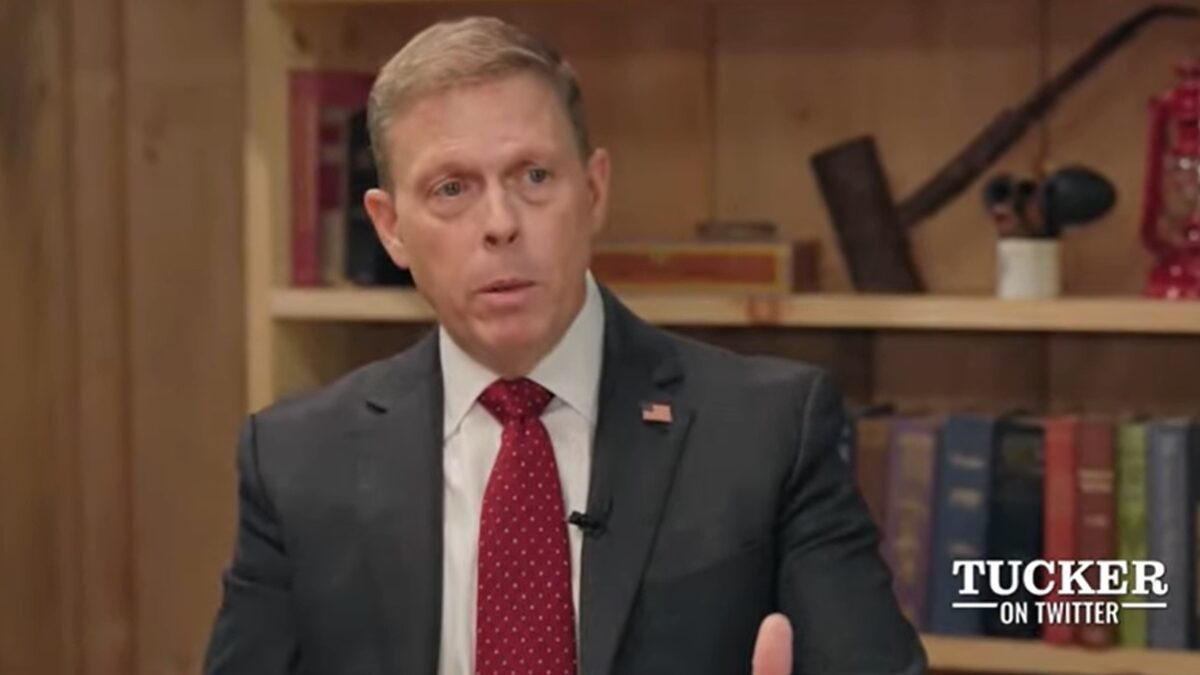
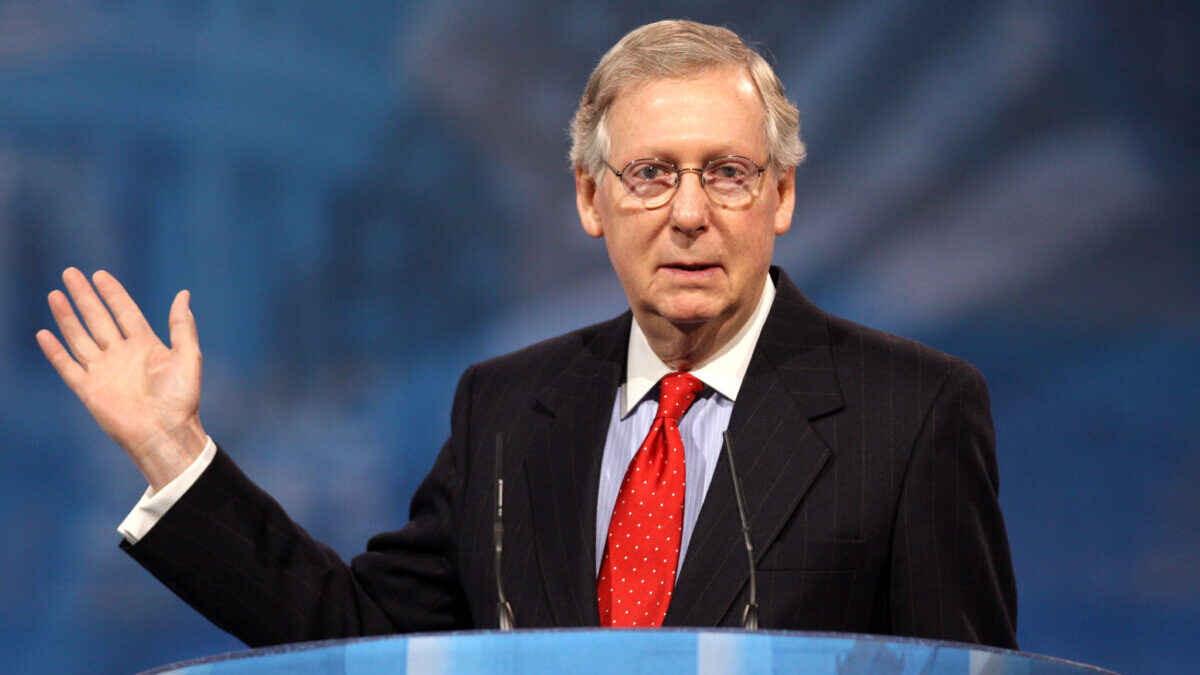



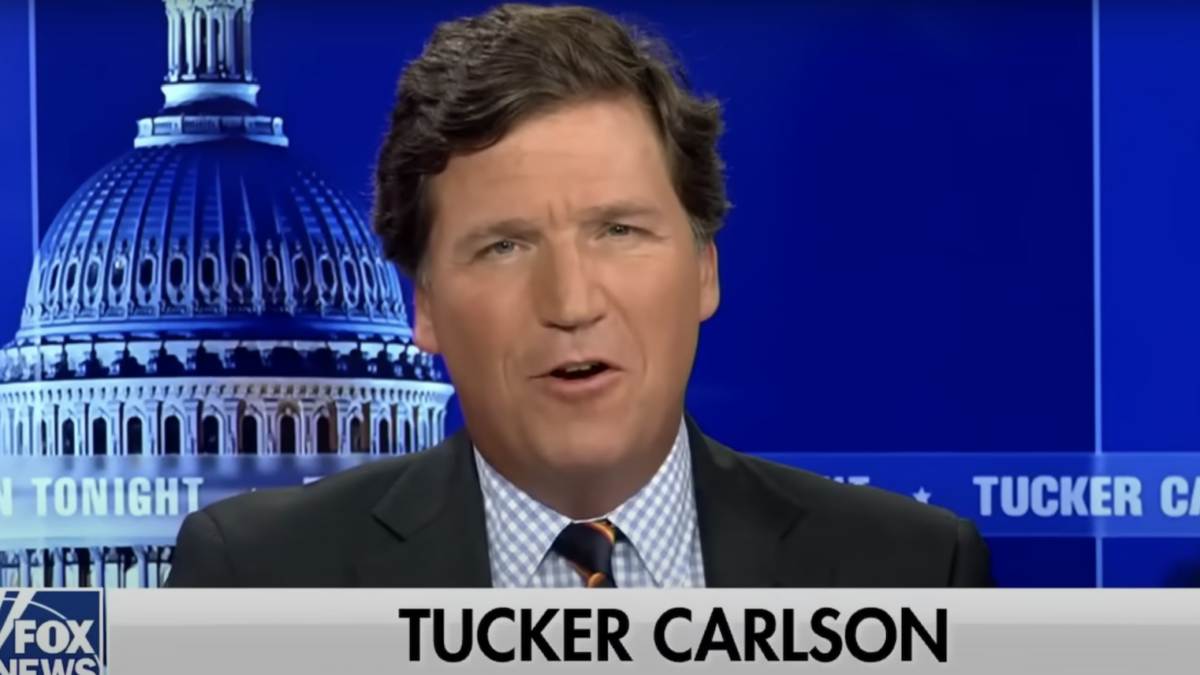

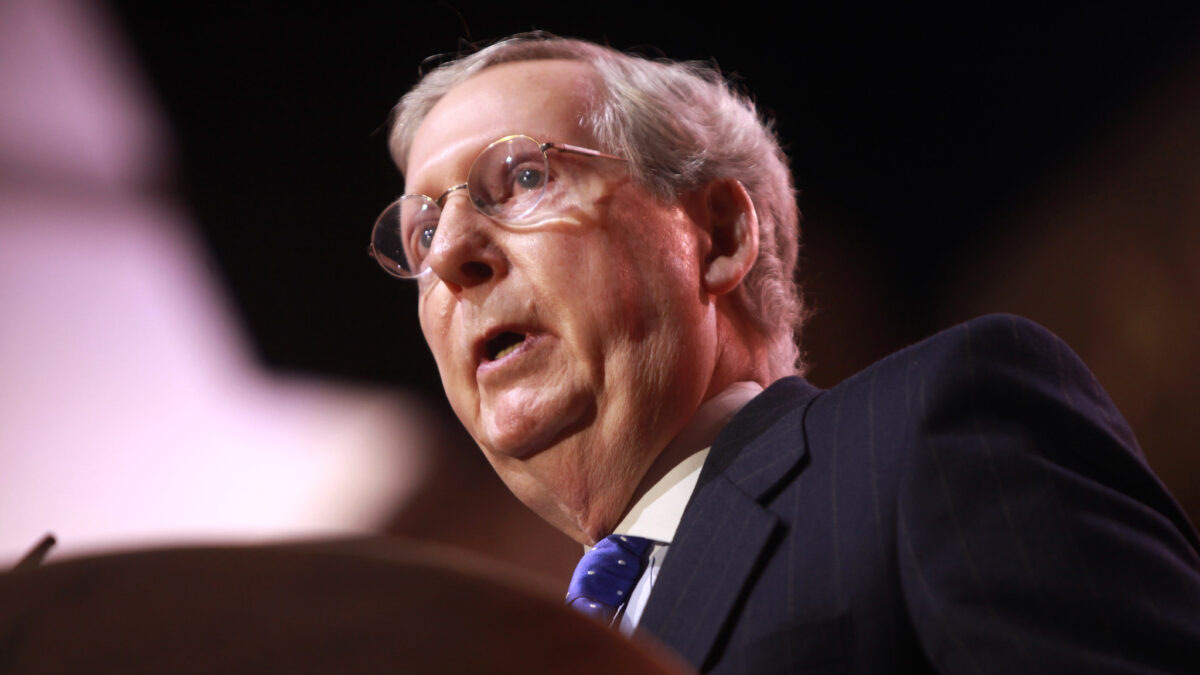


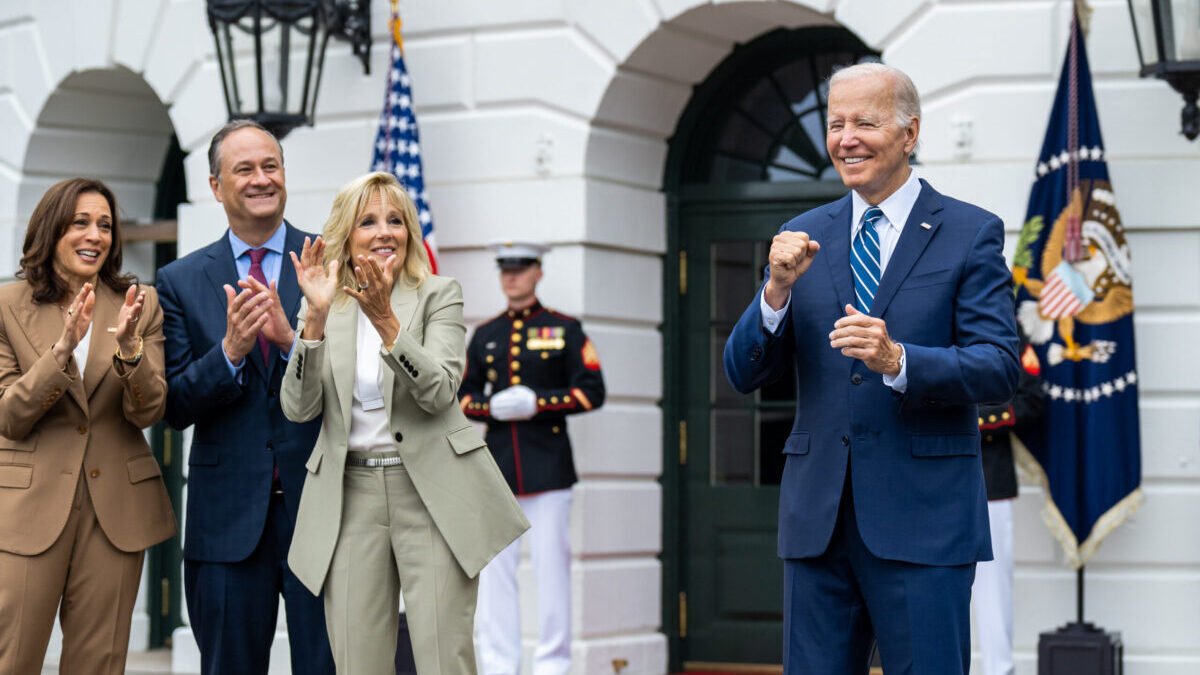





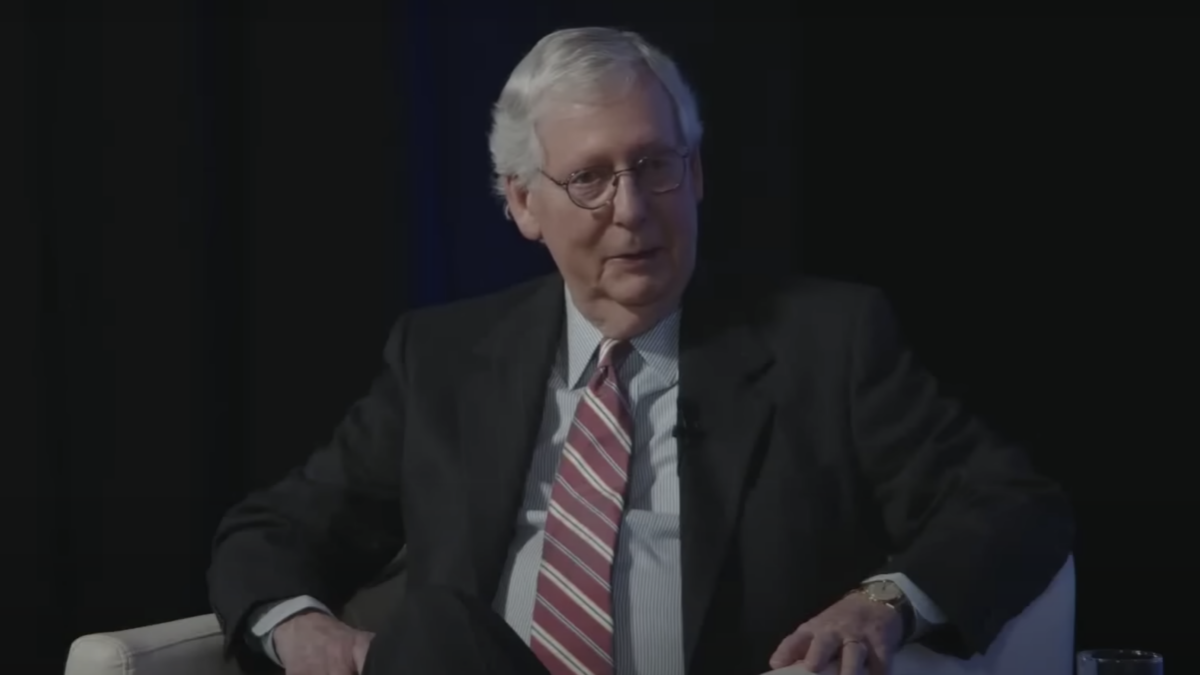

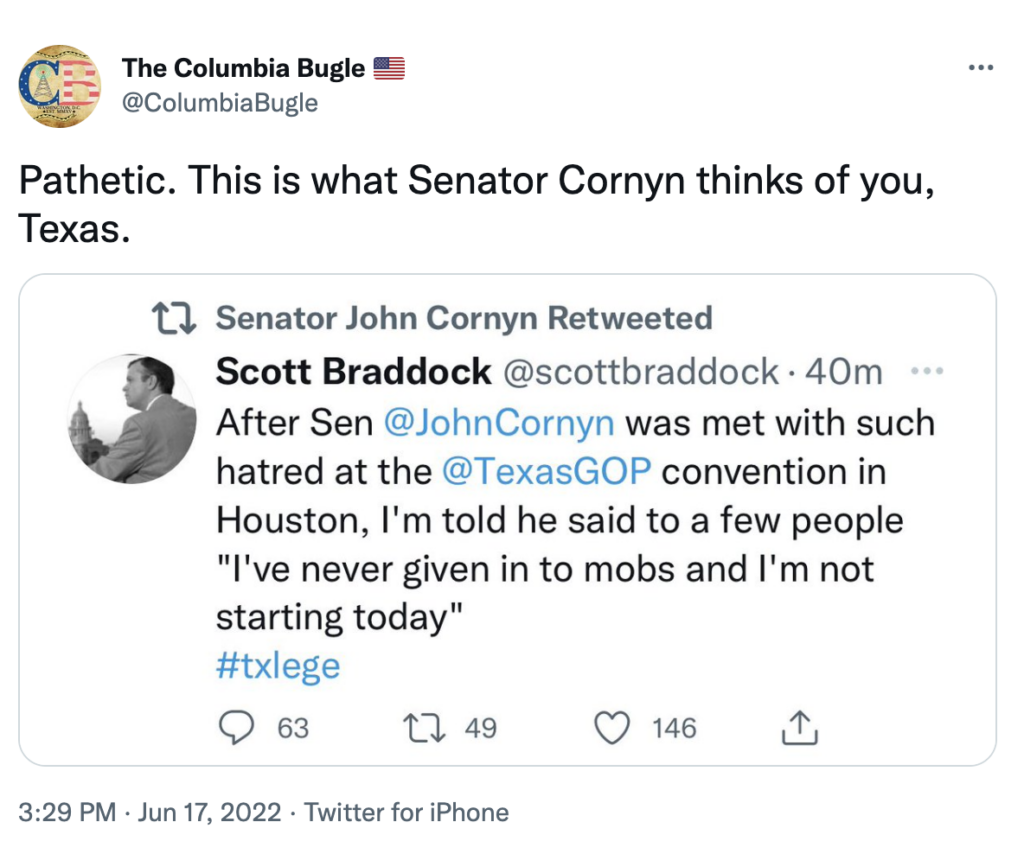
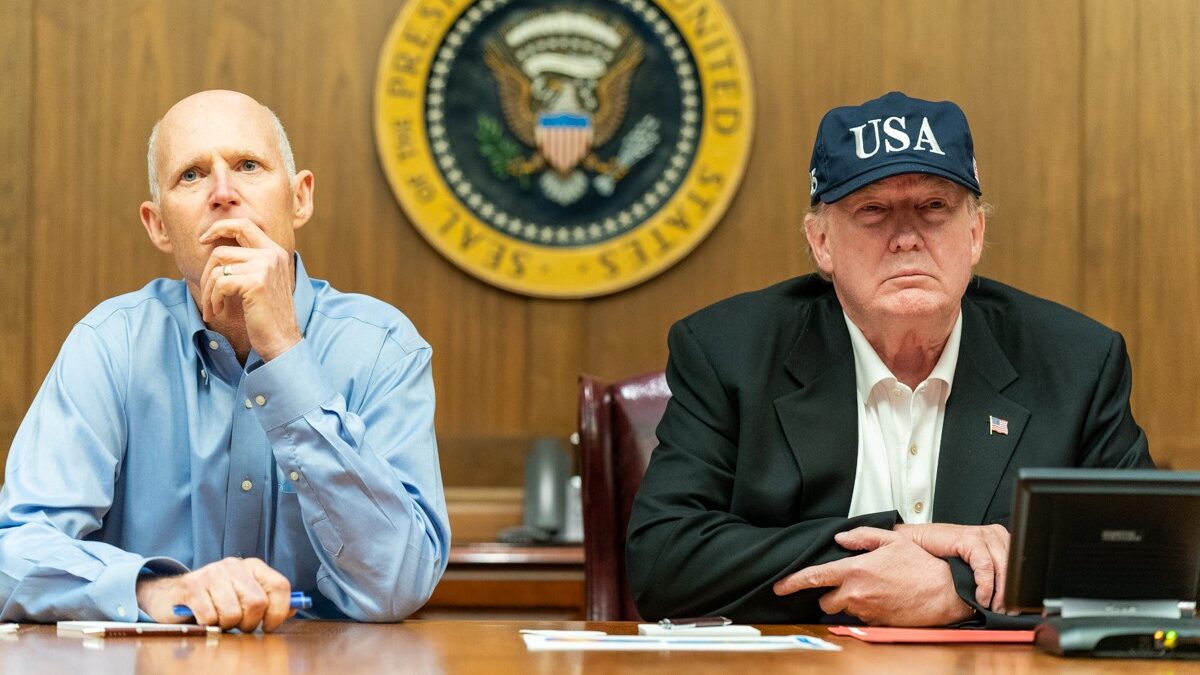




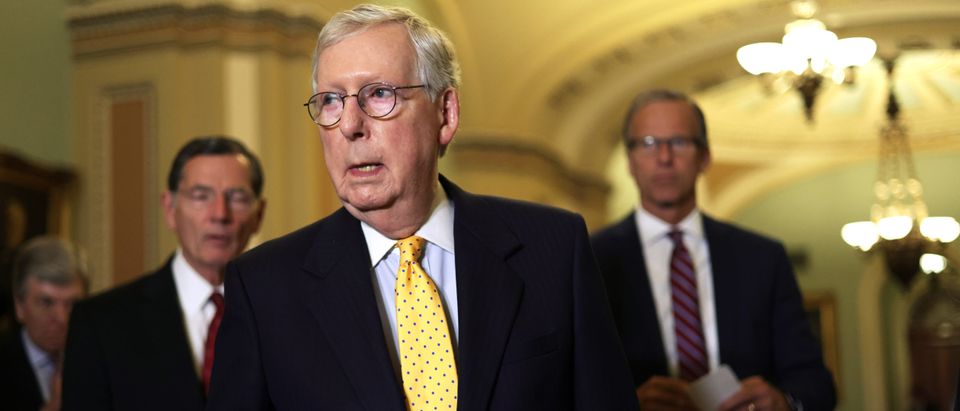





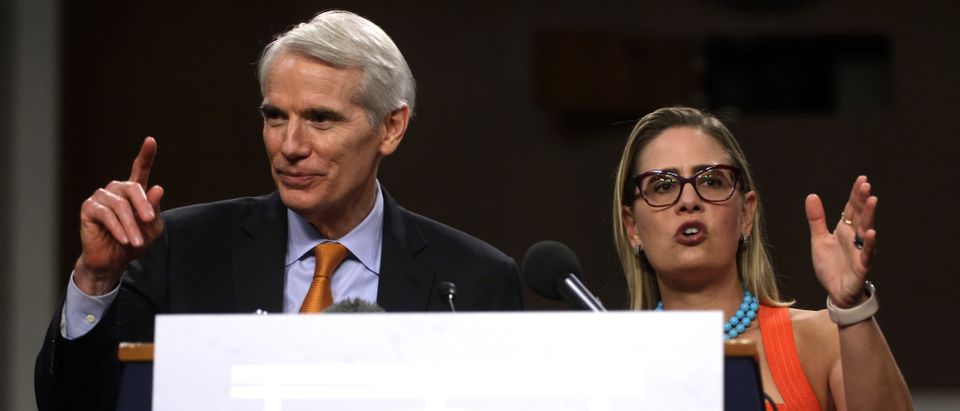

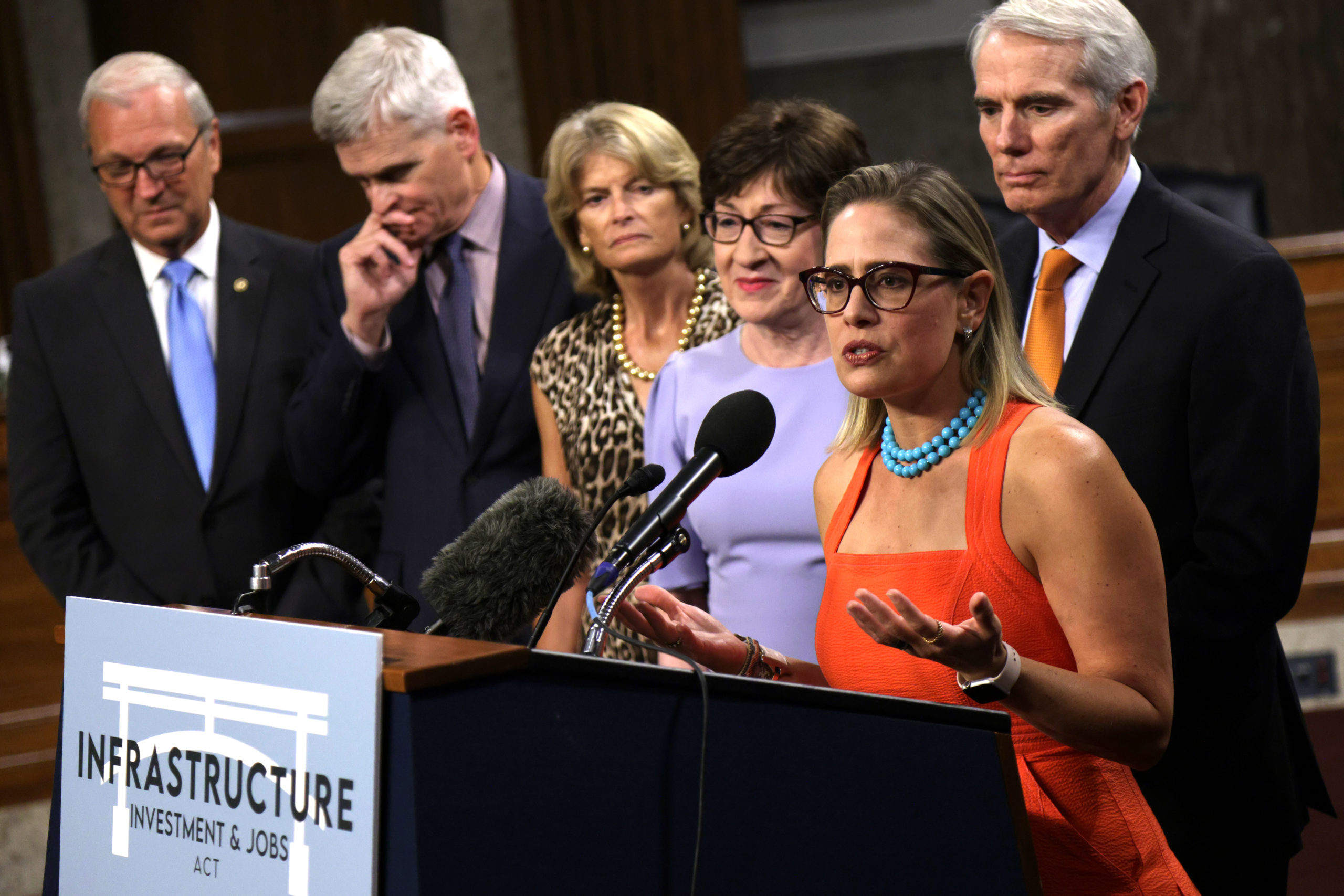
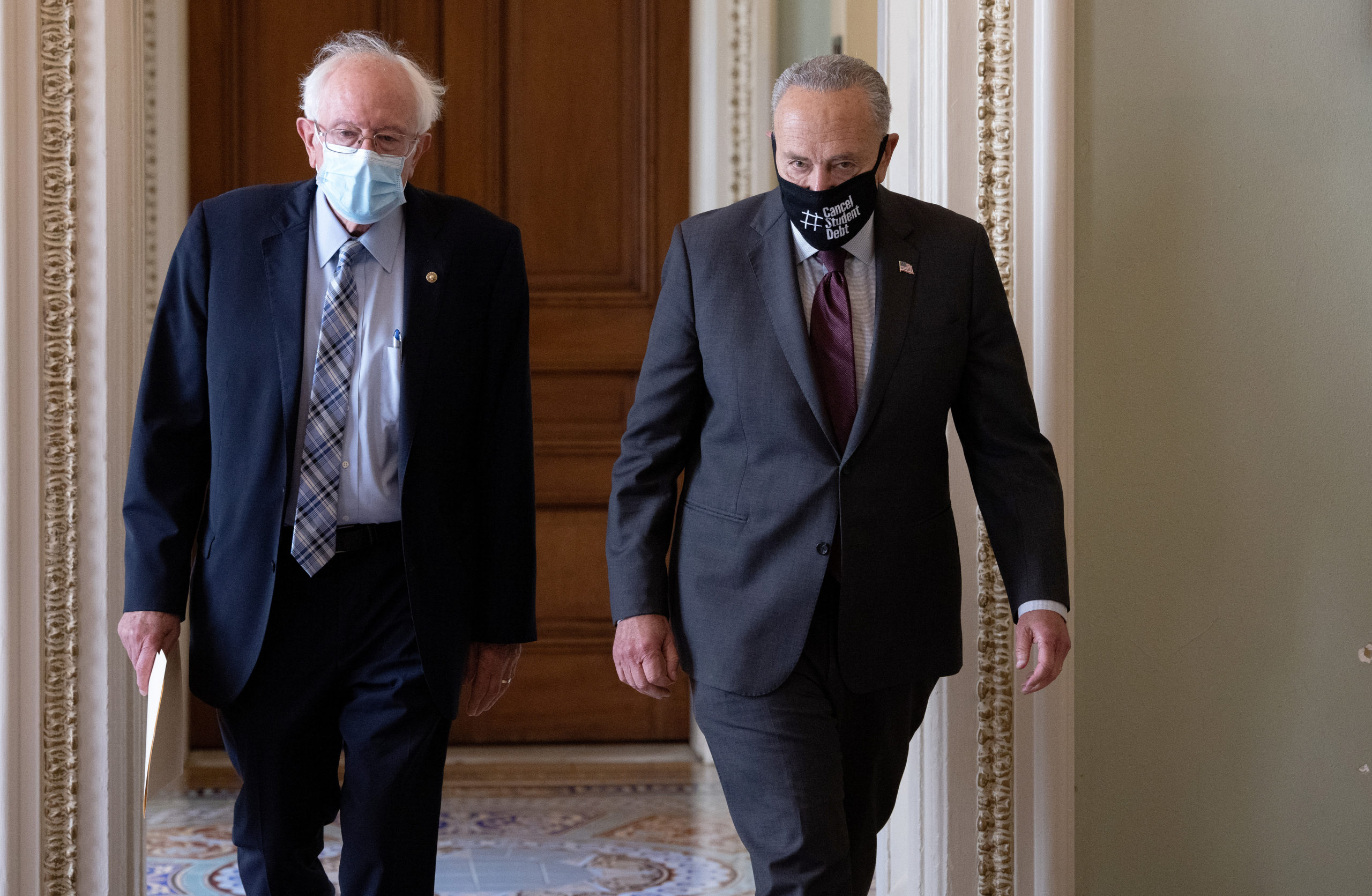


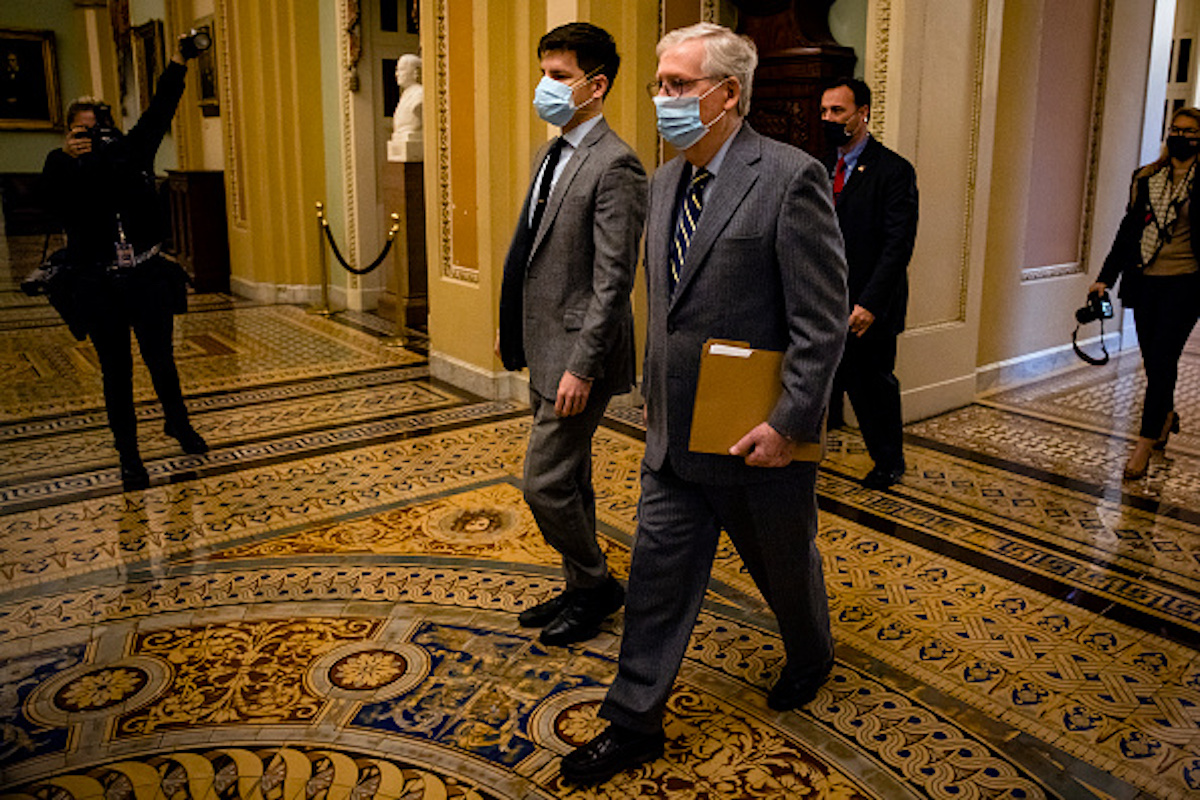
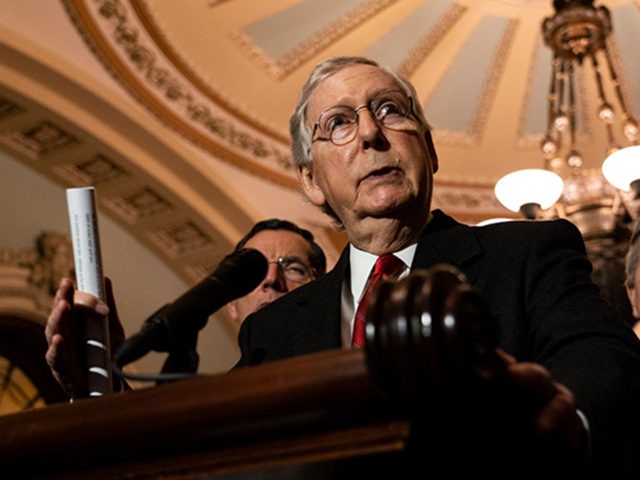
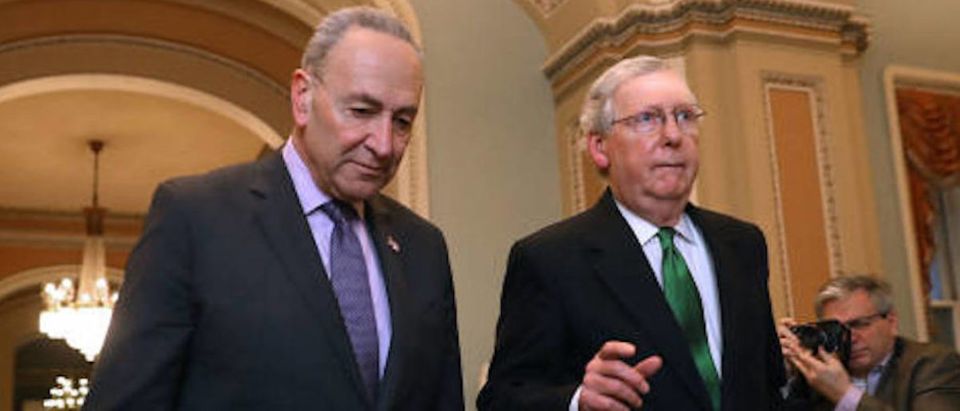
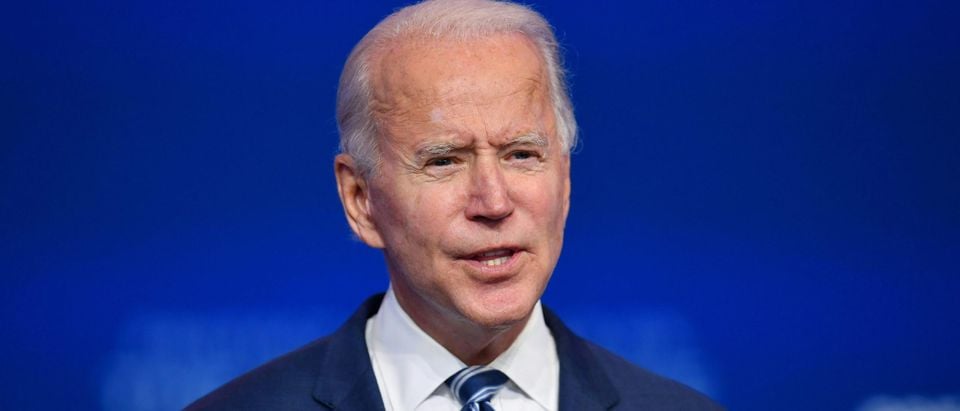


 Political cartoon A.F. Branco ©2019.
Political cartoon A.F. Branco ©2019.


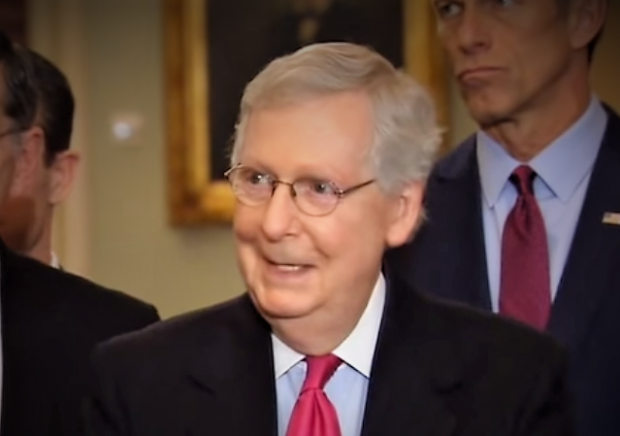






 Reported
Reported 



























































You must be logged in to post a comment.